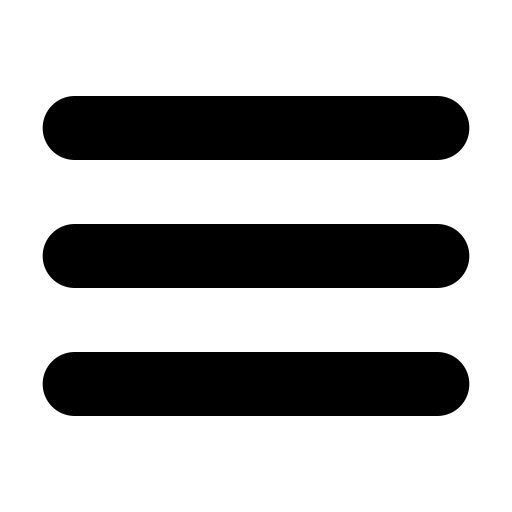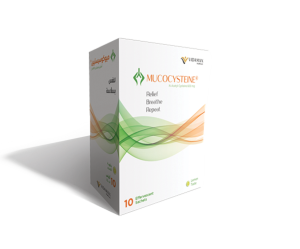VIDAMAX
pharmaceutical company
with a wide range of products
specialized in joint pain control, women's health and skin care.
click to productsVIDAMAX Healthcare is a multinational pharmaceutical company, with a diversified product portfolio, specializing in orthopedics, women’s health, and skincare. At VIDAMAX Healthcare we are working through our clear vision, focused mission, and distinctive philosophy; where People are the Core and The Priority; to Achieve Excellence.
Our Vision
VIDAMAX Healthcare is a multinational pharmaceutical company, with a diversified product portfolio, specializing in orthopedics, women’s health, and skincare. At VIDAMAX Healthcare we are working through our clear vision, focused mission, and distinctive philosophy; where People are the Core and The Priority; to Achieve Excellence.
Read More







